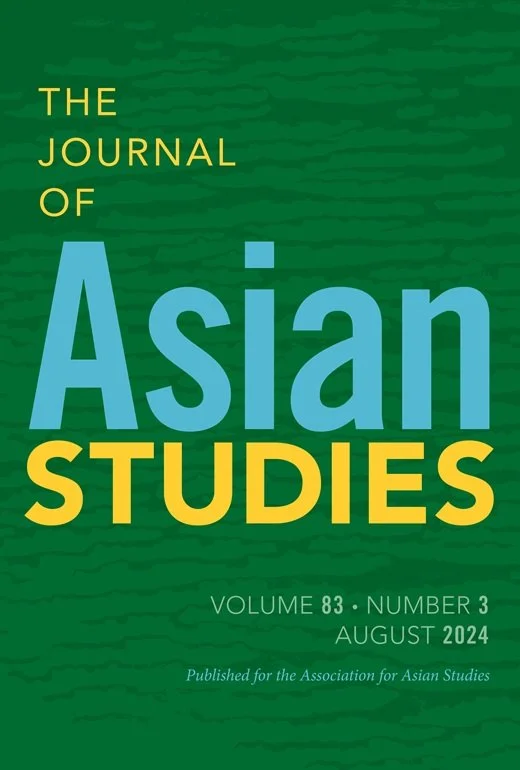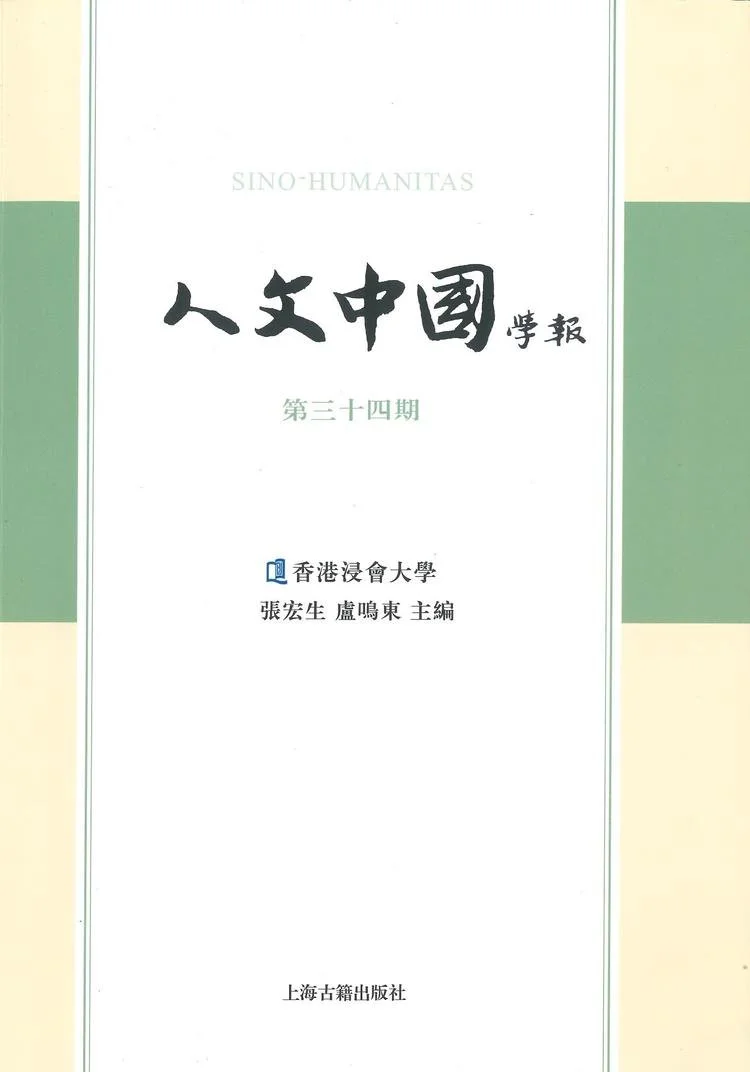Peter Tsung Kei Wong
Presidential Assistant Professor, Department of Chinese and History, City University of Hong Kong
Research Fellow, Trinity College, Cambridge
王棕琦 香港城市大學校長助理教授、劍橋大學三一學院青年研究院士
Peter.Wong@cityu.edu.hk
_______________________________________
As a philologically informed historian, my research explores the interaction between textual culture, classical scholarship, historiography, poetry, philosophy, law, and political culture in early China. More broadly, I am interested in the history of reading, the history and philosophy of science, the history of higher education and of learned institutions, and premodern Chinese narrative traditions.
I am currently working on a trilogy that offers a new history of the co-emergence and co-evolution of the book culture, early empires, and classical tradition of China from the third to the first century BCE. The first volume, The Big Book Theory: The Unlikely Rise of Long Books and Its Consequences in Ancient China, tells for the first time the story of how, from 239 to 26 BCE, the belated invention of the multi-chapter big book as a textual form in China sparked a big bang, transforming Chinese empires, political culture, historiography, philosophy, poetry, and classical studies. This project is based on my 2025 Princeton dissertation, “The Unlikely Birth of the First Big Book in China,” which has been recognized with the Charlotte Elizabeth Procter Honorific Fellowship from Princeton University; the 2024 Young Scholar Award from China Times Cultural Foundation; and a Research Fellowship from Trinity College, Cambridge.
My second project, A Tale of Two Rival Kingdoms: Localizing Early Chinese Book Production and Classical Learning, reconstructs an intellectual rivalry in the 140s BCE between two Han kings, Liu An 劉安 and Liu De 劉德, which resulted in the production of two massive books as well as a constellation of companion anthologies. This long-forgotten contest, I argue, prompted Emperor Wu of Han to comprehensively institutionalize classical studies at court in 136 BCE as a means of asserting the intellectual authority of the empire. Above all, this bookish battle popularized the multi-chapter big book as a textual format in the Han empire, ultimately inspiring the senior court scribe Sima Qian 司馬遷—often regarded as the “father of Chinese history”—to compose the Records of the Grand Historian 史記, a universal history of unprecedented length and scope.
My third project, Beyond Confucius: How a Usurper Reinvented the Classical Tradition and Political Culture of China, explores the outsized yet often overlooked legacies of Wang Mang 王莽 (45 BCE - 23 CE), the most notorious, bookish, and successful usurper in premodern China, whose impact spanned two millennia. Some preliminary findings were presented at the annual meeting of the Society for the Study of Early China in June 2022 and in an article titled “Inventing the Spring and Autumn Period: How Numerology Shaped History and Historiography in Ancient China,” published in Journal of Asian Studies.
Other works-in-progress investigate the history, philosophy, and aesthetics of text segmentation, with a focus on the concept of pian 篇 (chapter-length essays) in ancient and early medieval China; counterfactual thinking in early Chinese historiography; the changing interpretations of hou si zhe in Analects 9.5; the patterned allusions to Zuozhuan in the “Tale of Li Wa”; the narrative functions of the self-sounding clocks in the Dream of the Red Chamber; and the history of scholarly refereeing in early modern and modern China.
My writings have appeared or are forthcoming in Journal of Asian Studies, Early China, Journal of the American Oriental Society, The Oxford Handbook of Daoism, Dao Companion to the Philosophy of the Lüshi Chunqiu, Dao Companion to the Philosophy of the Huainanzi, Chinese Studies 漢學研究 (Center for Chinese Studies), and Sino-Humanitas 人文中國學報. Recent publications include “Was It Easy to Create the First Big Bamboo Book?” (2026), “The Soundscape of the Huainanzi: Poetry, Performance, Philosophy, and Praxis in Early China” (2022), “What is the Nature of ‘the Unperturbed Mind-heart 不動心’ in Mencius 2A:2?” (2021), and "On the Compositional Structure of the Huainanzi” (2019).
I earned my PhD from Princeton University, where I was supervised by Professors Martin Kern and Anthony Grafton. Prior to that, I read Chinese classics at the Chinese University of Hong Kong.


My Writings



